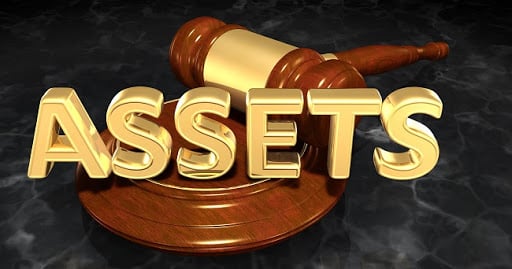Legacy Design Strategies
Omaha, NE, Minot, ND and Iowa Fall, IA Estate Planning and Elder Law Firm
Estate Planning and Elder Law Blog

You can name anyone as a TOD beneficiary. However, if you’re married, your spouse may have special rights over your assets that take precedence over your named TOD beneficiaries. These laws vary by state, though, so ask an experienced estate planning attorney.
Investopedia’s recent article entitled “Who Can Be a Transfer on Death (TOD) Beneficiary?” explains that, if you name TOD beneficiaries, it’s very clear who you want to receive your assets when you pass away.
A TOD instruction allows your heirs to avoid probate for these assets. This will take precedence over anything in your will. This can make the legal process of distributing assets much faster than it otherwise would be.
It’s important to know that naming TOD beneficiaries may not achieve everything you would like to achieve in your inheritance settlement. Passing on assets to a TOD beneficiary won’t provide much creditor protection. In that case, a trust may be a better option.
Your TOD beneficiaries will also be responsible for paying taxes on the money they receive. This will complicate their tax situation and may also mean a large tax bill for them.
Remember that a transfer on death (TOD) beneficiary can be a person, charity, business, or trust. If the beneficiary is a person, they can be a relative, child, spouse, friend, or anyone else you happen to know. But again, if you’re married, your spouse may have special rights over your assets that take precedence over your named TOD beneficiaries, according to state law.
Contact your account provider to see if you can add a TOD beneficiary. It’s available for many account types—not only retirement accounts but also certificates of deposit (CDs), savings accounts and brokerage accounts.
Naming a TOD beneficiary (or several) can have advantages during the inheritance process, since this makes it very clear who you would like to inherit your assets. These funds can then be distributed without passing through the potentially costly process of probate. It can make the inheritance process much simpler because your named beneficiary will automatically receive the assets in the account—bypassing probate as a result.
Reference: Investopedia (May 19, 2022) “Who Can Be a Transfer on Death (TOD) Beneficiary?”

Get Started Today
Book your Free Estate Planning Consultation Now
Stay Up-To Date
Subscribe to Our eNewsletter
9859 South 168th Avenue,
Omaha, NE 68136
7 Third Street SE, Suite 202,
Minot, ND 58701
320 North Oak Street, PO Box 295,
Iowa Falls, IA 50126
